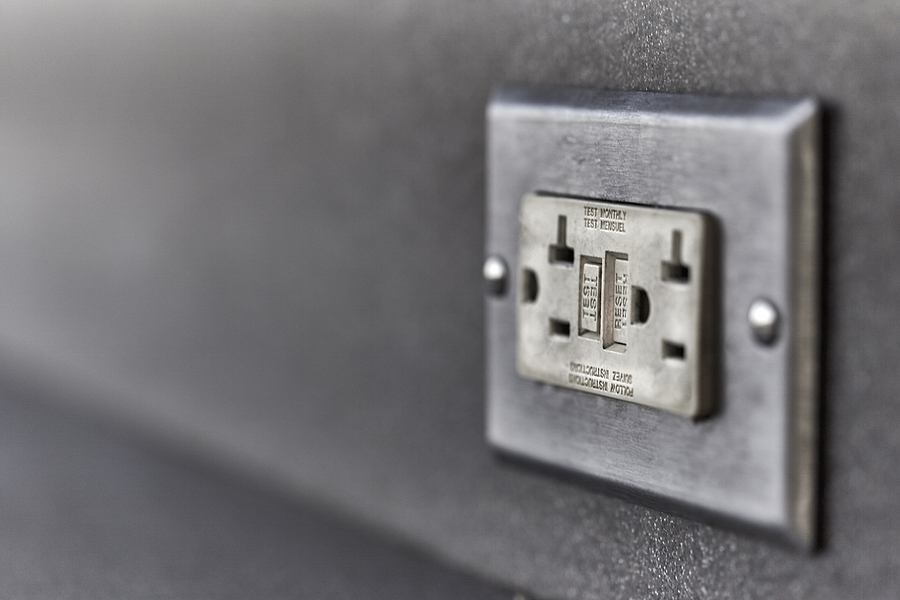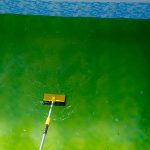Pool Electrical Safety 101: How to Keep Your Pool Safe
First and foremost, water and electricity do not go together. When wet skin or surfaces make contact with electric hardware or outlets, an electrical shock forms as a result. This electrical shock can be strong enough to electrocute you or others. With that said, pool electrical safety is essential. Unsure how to keep your pool safe? Let’s clear things up for you.
Where Do You Even Find Electricity Around Pools?
Many people may not even be aware of the electrical devices that are present around swimming pools. This includes underwater lights and electric pool equipment such as pumps, filters, and vacuums. These electrical pool components are installed according to safety guidelines, preventing the risk of electrical shocks. If your underwater lights or pool equipment look damaged or if it has been a while since they were inspected, we recommend hiring a pool inspector to make sure everything is up to date and safe.
However, what about other electrical devices near your pool? Do you have an extension or power cord being used in your yard? Do you have a radio or TV plugged in outside? How close are overhead power lines? These questions are important to ask when ensuring the pool electrical safety of your home or facility.
What Can You Do to Stay Safe?
When it comes to protecting yourself and your swimmers, hiring professional help is the best way to stay safe. Licensed professionals will understand local and national electrical codes and act accordingly. For example, they will make sure that working ground fault circuit interrupters are being used on all electrical equipment and all outlets within the proper distance of the pool. They will ensure all electrical cords are kept at least the minimum distance away as well.
Ground fault circuit interrupters are designed to help protect against shock. When electrical currents are deemed unstable, the GFCI immediately shuts off the circuit to lessen the shock’s severity. This is why professional pool electrical safety experts are so important, as they know what needs to be done to keep your swimmers safe.
Do You Know Where Your Circuit Breakers Are?
It is extremely important that you know where your circuit breakers are that connect to your pool’s wiring. If an electrical accident occurs in or near your pool, you will need to shut off the circuit as soon as possible. Examine your circuit breakers and label the one that corresponds to your pool’s circuit. If you are having any trouble, professional help is just a call away.
Why Should You Bother With an Inspection?
When it comes to pool electrical safety, the best thing you can do is get your pool regularly inspected. Proper maintenance and upkeep are important, especially for older swimming pools and equipment. If your pool goes unused for months during fall and winter or was installed a long time ago, it may post a higher risk of exposure to stray electrical currents due to wear and tear of existing equipment. Whether it’s aging electrical wiring, damaged underwater lighting, or unprotected circuits and receptacles, an industry professional will be able to evaluate and address any potential pool electrical safety concerns.
Are You Ready to Call a Pool Safety Professional?
To keep your pool safe for swimmers, Pool Operation Management is here. We offer extensive pool inspections across Ocean and Monmouth County NJ to ensure your pool is meeting state regulations and industry safety standards. Whether you own a residential or commercial swimming pool, our swimming pool experts have the skills necessary to keep your pool safe. Reach out to Pool Operation Management today.








